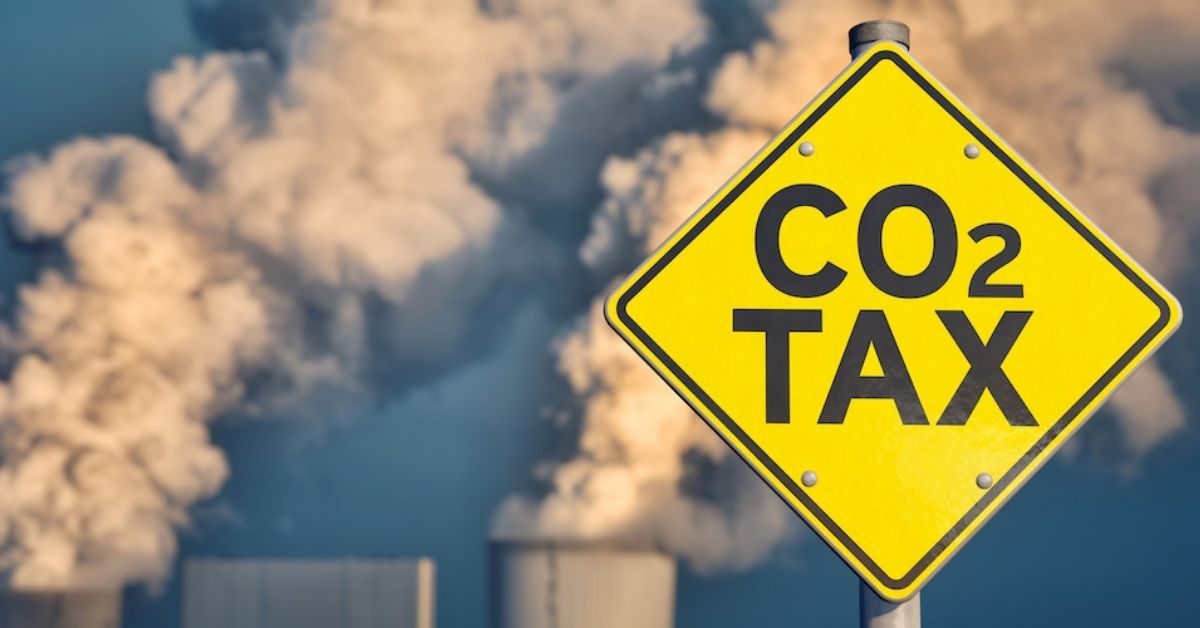India has suggested a “rebalancing mechanism” that would require the UK to reimburse Indian industry for losses incurred as a result of the regulation, since the UK is still unwilling to make any concessions under its Carbon Border Adjustment Mechanism (CBAM), which aims to impose duties on imports that are high in carbon. The “rebalancing mechanism” clause has been included to the chapter on “general exceptions” in the two nations’ negotiation text. In addition to preventing the UK from bringing a dispute against India before the World Trade Organization (WTO), this would allow India to seek compensation for its losses.
According to the WTO, countries may enact policies that might “otherwise violate trade rules” under the general exceptions chapter of international trade agreements like the General Agreement on Tariffs and Trade (GATT), as long as they are supported by arguments like environmental or public health protection. India had previously demanded country-specific exemptions and incentives for Indian MSMEs. In order to keep Indian carbon levies in place, the two parties also talked about harmonizing carbon emission standards; however, disagreements over measurement methods have not yet been settled.
According to the draft UK CBAM law, the charge will be applied to imported commodities starting on January 1, 2027. CBAM goods are defined as those from industries with high carbon emissions, such as steel, iron, cement, fertilizers, hydrogen, and aluminum. India’s exports of iron, steel, aluminum, ceramics, and cement are anticipated to be disrupted by the UK CBAM when it goes into effect in 2027. This is preventing a trade agreement from being reached.
Delhi claims it violates the multinational climate negotiations’ CBDR principle and is an unjust measure. Additionally, the draft describes the methodology for calculating emissions and setting the CBAM rate, which will be based on a domestic sectoral price connected to the UK Emissions Trading Scheme. In contrast to Western systems that deal with absolute emissions, India’s Carbon Credit Trading Scheme (CCTS) is based on emission intensity, which is more appropriate for developing nations.
In India, there has also been a lot of opposition to the carbon price, which was initially implemented by the European Union. Notably, a transition period mandating exporters to report data to EU authorities has been in place since October 1, 2023, and the EU’s CBAM is scheduled to go into effect in January 2026. For India, which exports more than 15% of its total goods to the EU, this is very important. India sent $75 billion worth of goods to the bloc in 2022–2023.
The carbon tax, or CBAM, has been referred to as a “unfair” measure and a breach of the “common but differentiated responsibilities” (CBDR) premise of multinational climate discussions by Finance Minister Nirmala Sitharaman and Commerce and Industry Minister Piyush Goyal. According to this theory, all nations must take action to combat climate change, but because of their varying degrees of economic development, their obligations are not equal.
While several countries, including China, Russia, Brazil and South Africa, have taken the EU to the WTO over CBAM, India is yet to file a formal case as both sides are actively pursuing a free trade agreement. Similarly, India and the UK continue to negotiate, the talks aimed at finding a common ground.









